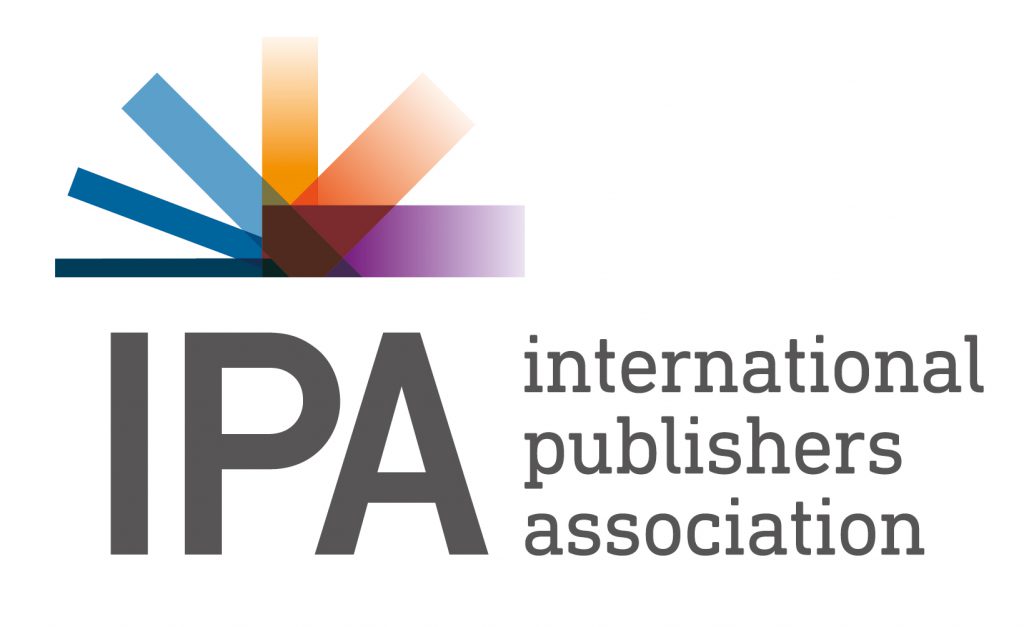This was presented as a solution to several learning and development goals. Whilst the goals are noble (and shared by publishers and authors) their suggested solution won’t work. Here’s why.
Those now seeking to exclude education from copyright need to answer the following question. When the world has finished reading for free all of the books and journals that exist today, who will pay for the production, curation and dissemination of the books and journals of tomorrow?
Copyright and learning
As they do so, they should look to the world’s first Copyright Act called an “Act for the Encouragement of Learning”. Those who wrote it knew that to achieve this Policy goal, books can only be accessed if they have first been produced. They needed a way of guaranteeing both.
They knew that whilst many people write and publish for love not money, it is essential to the book needs of society and students that writers and publishers can earn a living from these pursuits. It is both fair and in the public interest that those who work in these professions get paid.
Because Copyright was created to encourage learning, it has never been a monopoly. It has many mechanisms, rules and principles that facilitate access such as term limits, first sale doctrine, originality thresholds, collective licensing schemes and exceptions.
Quality content
Education is rightly a focus of many of these exceptions. But the global thirst for education that drives the call for wider and sometimes blanket copyright exceptions is exactly why the call for them must be resisted.
In short, if Sustainable Development Goal 4 (Quality Education for all) is to be achieved, those making copyright and other related policies (open access) must ensure there continues to be a mechanism for politically free and long term sustainable investment in educational and research materials.
Why? Because high quality education and research needs high quality content. High quality content costs money to produce. Carving this content out of copyright will remove the main source of that funding. If copyright is now prevented from meeting these costs, who will?
Who pays?
The State? Do we trust our political leaders to maintain long term taxation and spending policies that put book and journal production on a sustainable footing? Do we also trust them to guarantee that educational materials published by the state will cover all subjects and views?
Philanthropy? Are there enough philanthropists to step in? What motives and agenda will they have? What editorial control would they demand? And what happens when their funds or interest dries up?
Corporate sponsorship? Ditto. Book awards and reading schemes the world over already struggle to attract sponsorship.
Access
Publishers are not “anti-access”. Providing access is in their DNA. They believe in a world made and shaped by words. They believe in high quality education and that books should live in minds not on shelves. They love what digital now enables readers to do with content.
That is why I disagree with those who say that two worlds collided at #sccr36 last week. What I saw was one world coming together, impatient to realise a shared vision for a better planet inspired by better learning and wanting to find a way to make that happen.
History says we won’t sustainably achieve that vision or Sustainable Development Goal 4 without good educational books and journals. And we know that whilst technologies, politicians and companies come and go, the ultimate guarantor of such books and journals to date has been copyright.
Working together
There are no short term answers to long term problems. And no solid foundations that can be built overnight. Copyright’s role in encouraging learning has stood the test of time. Let’s work together to make it not break it.
The UK is both home to many of the world’s leading Universities and is also the world’s leading exporter of books. It therefore has both the imperative and an obligation to play a leading role. We know that It is our job at the PA, along with our international partners at the IPO, IPA, FEP and IFFRO among others, to facilitate this. We will continue to champion UK publishing’s role in the world and to tell our story to UK government departments such as DCMS.

